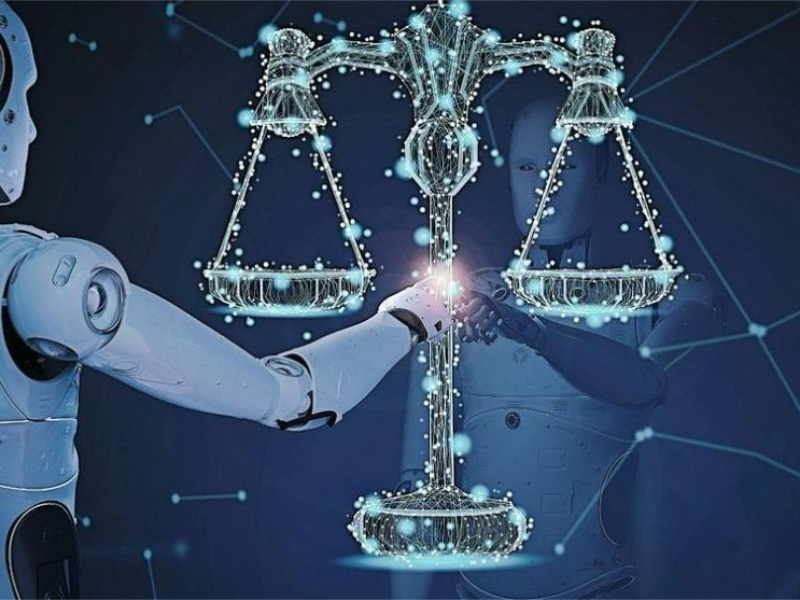- Josephine Teo, Singapore minister, says AI governance framework is necessary and Singapore is more excited about AI over fear.
- Teo says Singapore prefers to embrace AI over fear, but it is necessary to take some specific legal measures to address AI deepfakes during elections.
OUR TAKE
The year 2024 is an election year in many countries, and due to the volatile international situation, elections are more competitive, and AI-generated disinformation is a major threat to elections. However, the governance of AI is an emerging but underdeveloped field, and governments around the world need to design and establish new regulatory and governance structures to address the negative impacts of AI on the political and security spheres and to maintain the stability of the world.
–Elodie Qian, BTW reporter
What happened
Josephine Teo, Singapore’s digital development minister, said in Reuters’ interview on July 9, 2024 that the future will be in a mess without a framework for global AI governance. Besides, Teo said in an interview at the Reuters NEXT conference in Singapore, that Singapore prefers to embrace AI over fear, but it is necessary to take some specific legal measures to address AI deepfakes during elections.
On January 17, 2024, Singapore’s Minister for Communications and Information (MCI), Yeo Li-Ming, shared her country’s recent draft Model AI Governance Framework tailored for GenAI at the World Economic Forum in Davos. According to the Singapore government, the governance of AI must be both “hard and soft”, and while enacting laws against high-risk technologies such as “deepfake”, it should adopt less restrictive policies in other emerging areas to promote their innovation and development.
Yeo Li-Ming, argues that Singapore’s GenAI technology is still in its early stages, and that the governance structure will focus on guiding principles and identifying priorities. However, governance will need to be improved through exchange and collaboration with international partners. Věra Jourová, Vice-President of the European Commission for Values and Transparency, also took part in the forum, pointing out that AI used to mislead voters would be a fatal blow to democratic elections, and that the EU has therefore signed an agreement with AI developers to require that AI-generated content be labelled to allow people to make their own judgement.
Also read: AI governance is critical for the benefit of humanity
Also read: How does Alphabet plan to thwart AI manipulation in elections?
Why it’s important
As mentioned by Deutsche Presse-Agentur (DPA), more than 70 countries or territories hold important elections in 2024, covering more than 4 billion people, more than half the global population.
Concern about AI could be used to mislead voters and maliciously skew elections have risen sharply in a global mega-election year. According to Kent Walker, president of global affairs at Google, “We can’t let digital abuse threaten AI’s generational opportunity to improve the economies, create new jobs, and drive progress in health and science.”
Wang Peng, an associate researcher at the Beijing Academy of Social Sciences, said in an interview with Global Times, the potential impact of AI on elections in many countries includes damage to the authenticity of information and threats to the impartiality of elections.
The world is experiencing profound shifts unseen in a century, geopolitical crises, economic slowdown, AI deepfakes may affect a country’s foreign policy. There will also be a certain impact on international situation, addressing the issue of AI deepfakes requires close cooperation among governments, technology companies, legal institutions and other stakeholders.

